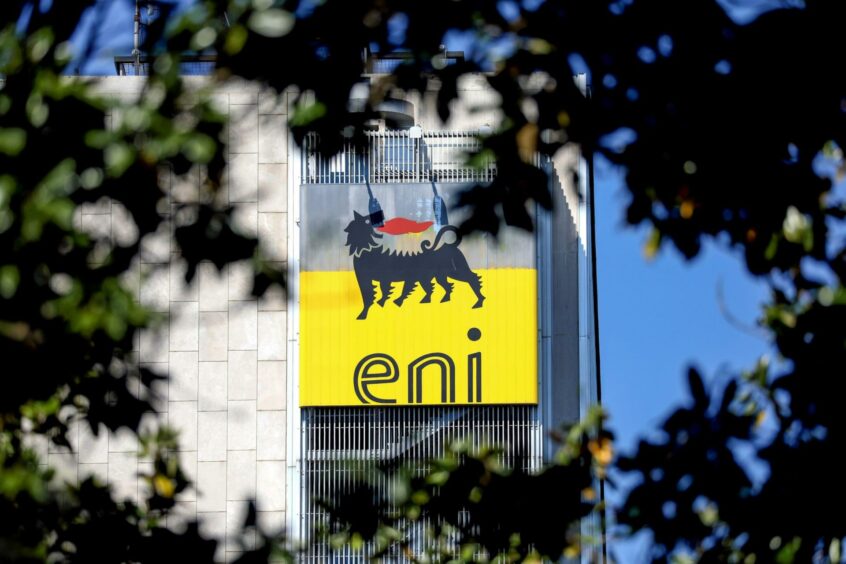
Italian energy giant Eni is preparing to open ruble accounts at Gazprombank JSC, allowing it to potentially comply with Russian demands that gas must be paid for in local currency, according to people familiar with the matter.
The move is precautionary as Eni seeks more guidance from the Italian government and European authorities on whether — and under what conditions — it may use the accounts to buy Russian gas, the people said.
A spokesman for Eni declined to comment.
European Commission President Ursula von der Leyen warned companies on Wednesday not to bend to Russia’s demands to pay for gas in rubles, saying that doing so would breach sanctions. Europe’s ability to maintain a united front against Moscow is set to be tested in the coming weeks as countries have to decide whether to accept Vladimir Putin’s demands or risk having to ration gas at home.
That unity may already be fraying. According to a person close to Russian gas giant Gazprom PJSC, four European gas buyers have paid in rubles and 10 have opened the accounts at Gazprombank needed to meet the new payment demands.
Eni hasn’t used the new mechanism, and has so far only paid in euros, the people said. The next round of payments isn’t due until the second half of May.
The EU has said that paying in rubles would breach sanctions. But companies continue to seek workarounds and the bloc has issued guidelines that appear to encourage that.
A Q&A issued by the EU last week said companies should carry on paying in euros, but noted that the Russian decree didn’t preclude exemptions. It told companies to seek confirmation from Moscow that paying in euros was still possible. Eni wants more clarity on the guidelines and will comply with sanctions, the people said.
Uniper SE, a massive German buyer of Russian gas, has also said it believes it can keep making purchases without violating sanctions.
Italy gets about 40% of its gas from Russia, though Prime Minister Mario Draghi has been scouring the globe for replacements and has secured new agreements with suppliers particularly in North Africa.